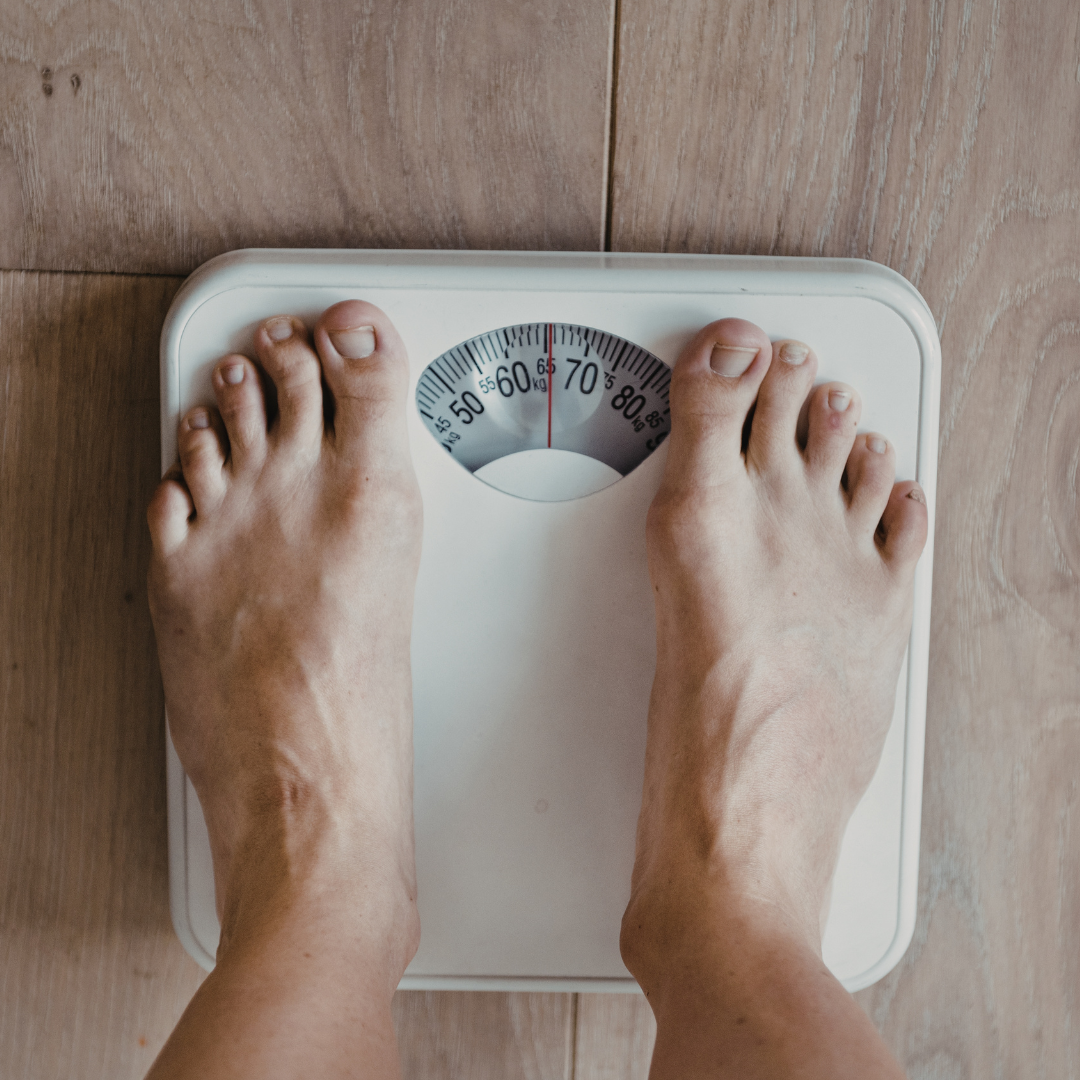Sweet drinks, what are they doing to your sperm?
There’s nothing quite like cracking open a cold can of your favourite fizzy drink. Whether it’s a classic Coke, a fruity Fanta, or your favourite energy drink to kick-start your day, it’s easy to reach for them without thinking. They’re everywhere. And the truth is, sugar-sweetened drink shave become a staple in many of our diets.
But here’s the kicker: alongside rising rates of obesity and diabetes, we’ve also seen a steady decline in male fertility over the last few decades. Could our love affair with sugary drinks be part of the problem?
A recent paper, Sweet Drinks, Sour Consequences: The Impact of Sugar-Sweetened Beverages on Sperm Health by Win et al. (2022),digs deep into this question. The results are worth paying attention to.
How much sugar are you really drinking?
It can be hard to keep track of how much sugar we’re consuming, especially when it’s hidden in everyday drinks. In the UK, the NHS recommends adults limit their free sugar intake to no more than 30 grams per day that’s about seven sugar cubes. But most popular drinks easily exceed this.
Let’s put it into perspective:
- Coca Cola (330ml can): 35g sugar (~9 sugar cubes)
- San Pellegrino Lemon (330ml can): 15.5g sugar (~4 sugar cubes)
- Fanta Orange (500ml bottle): 24g sugar (~6 sugar cubes)
- Monster Energy (500ml can): 55g sugar (~14 sugar cubes)
- Red Bull (250ml can): 27.5g sugar (~7 sugar cubes)
- Lucozade Sport Orange (500ml bottle): 18g sugar (~4.5 sugar cubes)
And don’t forget the other sneaky sugar sources like smoothies, sweetened coffees, hot chocolates, and flavoured lattes. Even though smoothies contain natural sugars, the juicing process strips away most of the fibre, leaving behind a concentrated sugar hit.
When you add it all up your morning smoothie, sweet coffee and fizzy drinks throughout the day make it all too easy to smash through your daily sugar limit before you’ve even touched solid food.
Sugar and sperm: What's the damage?
Most of us know that too much sugar can lead to weight gain, diabetes, and heart disease. But what’s it doing to your sperm?
Here’s what the research tells us:
- Regular consumption of sugar-sweetened drinks is linked to lower sperm concentration and motility.
- The effect appears to be dose-dependent, the more you drink, the worse the sperm quality.
- Men drinking more than seven sugary drinks per week show a noticeable drop in sperm health.
The Sweet Drinks, Sour Consequences review (Win et al., 2022) pulled together findings from 11 studies and confirmed this worrying trend: more sugary drinks, poorer sperm.
The science: Oxidative stress and DNA damage
So, how does sugar harm your sperm?
One of the main culprits is oxidative stress. This happens when your body has too many free radicals (unstable molecules) and not enough antioxidants to keep them in check. A high-sugar diet ramps up inflammation in the body, which fuels oxidative stress.
Oxidative stress damages the delicate outer membrane of sperm and can impair the mitochondria, the energy centre that drives sperm motility. Even worse, it can lead to DNA fragmentation inside the sperm head. DNA damage in sperm is bad news as it’s linked to reduced fertility, lower chances of conception, miscarriage and poorer embryo development.
Hormonal disruption: Sugar’s hidden impact
Sugary drinks don’t just mess with your metabolism, they can also knock your hormones out of balance.
One study in the review found that even one sugary drink per day may be enough to lower levels of Inhibin B, a hormone that helps regulate sperm production via the testes. When your hormones are out of sync, sperm count and sperm health can quickly suffer.
Sugar addiction: Why it’s hard to quit
Cutting down on sugar isn’t always as easy as just deciding to stop. Sugar can have addictive-like effects in the brain. It triggers the release of dopamine, the same feel-good chemical activated by pleasurable behaviours like sex and exercise.
When sugar becomes a regular part of your routine, your brain starts to crave that dopamine hit, making you reach for more. This cycle can lead to:
- Strong cravings
- Irritability when sugar intake is cut
- Compulsive eating patterns
That’s why going cold turkey on sugar can feel like such a battle. It’s often more realistic to gradually reduce intake while swapping high-sugar foods and drinks for healthier alternatives. It’s about retraining your taste buds and rewiring your habits.
What about sweeteners?
Many people switch to “diet” or “zero” drinks thinking they’re making a safer choice. But are they?
The research around artificial sweeteners and male fertility is still developing. The Sweet Drinks, Sour Consequences review touched on this and found that artificially sweetened drinks may not significantly affect sperm volume or count according to some studies. However, that’s only part of the story.
Emerging research is starting to explore other possible concerns:
- Some sweeteners may impact the gut microbiome, which could indirectly affect hormonal balance and metabolic health.
- Certain sweeteners might trigger insulin responses despite having no calories.
- Long-term fertility impacts of specific sweeteners like aspartame, sucralose, and saccharin are not yet fully understood.
For now, it’s probably wise to limit sweetened drinks altogether, whether they’re sugary or artificially sweetened. If you do want something sweet, naturally sweetened options (like stevia or drinks sweetened with small amounts of fruit juice) may be a safer middle ground, but moderation is key.
Can antioxidants help?
Since oxidative stress plays such a big role in sperm damage, antioxidants (such as testhim's M+) may offer some protection.
Antioxidants like:
- Vitamin C
- Vitamin E
- Zinc
- Selenium
- Coenzyme Q10
- L-carnitine
have been shown in some studies to help reduce oxidative stress and improve sperm quality.
But, and this is important, they’re not a magic fix. Taking antioxidants while continuing to hammer down sugary drinks won’t undo the damage. They should be seen as part of a wider fertility-friendly lifestyle not a quick solution.
If you’re considering antioxidant supplements, it’s best to:
- Speak with a fertility specialist or nutritionist to get personalised advice.
- Focus first on improving your diet and cutting sugar, this will give antioxidants the best chance to work.
The bigger picture: Lifestyle adds up
High sugar consumption rarely happens in isolation. Most men who drink a lot of sugary drinks may also have other lifestyle factors that affect fertility: lack of exercise, poor sleep, smoking, stress, and a less-than-ideal diet. Each of these factors can harm fertility on its own, but together they can significantly worsen sperm health.
What can you do?
Here’s what you can start doing right now:
- Cut back on sugary drinks - Water, herbal teas, and naturally low-sugar drinks are your best bets.
- Switch to whole fruit instead of fruit juices or smoothies - Whole fruit contains fibre that slows sugar absorption.
- Check labels - Get in the habit of reading sugar content on bottles and cans.
- Limit sweetened coffees and teas - Those caramel lattes can be hidden sugar bombs.
- Reduce gradually if you need to - Sugar cravings are real. Start by swapping out one sugary drink per day.
And if you’re struggling, speak to a nutritionist or male fertility specialist who can help tailor advice to your situation.
Final thoughts
While more research is needed, the evidence we do have shows that sugary drinks aren’t doing your sperm any favours. They contribute to inflammation, oxidative stress, and hormone disruption, all of which can lower sperm quality and fertility potential.
The good news? It’s dose-dependent, which means reducing your sugar intake now can help improve your sperm health going forward. Cutting out sugary drinks altogether is the best move, but even switching to lower sugar or naturally sweetened options is a step in the right direction.
Remember: the choices you make today can directly impact your fertility tomorrow.
References:
Chen L, Xie YM, Pei JH, Kuang J, Chen HM, Chen Z, Li ZW, FuXY, Wang L, Lai SQ, Zhang ST, Chen ZJ, Lin JX (2018); Sugar-sweetened beverage intake and serum testosterone levels in adult males 20–39 years old in the United States. Reprod Biol Endocrinol 16: 61
Malik VS, Hu FB (2022); The role of sugar-sweetened beverages in the global epidemics of obesity and chronic diseases. Nat Rev Endocrinol 18(4): 205-218
Win WKY, Wong MW, Benny P, Huang Z (2025); Sweet drinks, sour consequences: The impact of sugar-sweetened beverages on sperm health, a narrative review. Nutrients 17(10): 1733
















.png)

